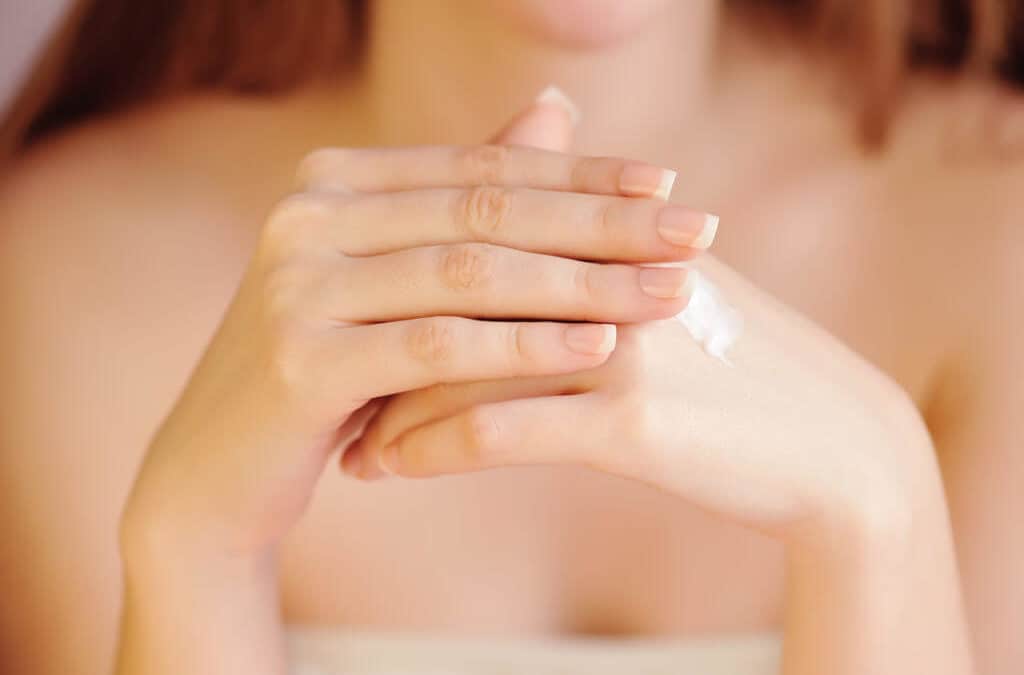Why should you be concerned about mosquitoes?
Mosquitoes are one of North America’s most dangerous pests. Their bites not only drive us crazy with itchy bumps, but they are known to transmit many dangerous viruses and parasites. In the U.S., mosquitoes are known to transmit West Nile virus and other viruses that cause encephalitis, or swelling of the brain. In South and Central America, mosquitoes can spread dengue fever, yellow fever, malaria, and Zika virus.
What can you do to prevent mosquito bites?
While at home, make sure that screens on windows and doors fit tightly and don’t have holes. Empty standing water from yard objects such as pots, buckets, small wading pools, and tires. When outdoors, wear long sleeves and pants if possible. In addition, there are many insect repellents that can be applied directly to the skin and over clothing. The best products on the market contain one of the following repellents:
- DEET has been around for over 50 years and is an effective repellent. It is the active ingredient in dozens of repellents such as Off, Cutter, and Repel brands. DEET comes in multiple concentrations depending on which brand you choose. In general, the higher the concentration, the longer the protection. Anything below 10% DEET will not last much longer than an hour, and should only be used if you plan on being outdoors briefly. 10% DEET products protect for a couple of hours while those in the 20-30% range will last up to 8 hours. Concentrations higher than 30% do not have any additional benefit, and there have been some safety concerns about DEET used in very high concentrations. There are some other downsides to DEET as well. It has a greasy feeling when applied to the skin, and also has an unpleasant odor. It can dissolve plastic and synthetic materials, which is generally a bad thing for your sunglasses and certain types of clothing (eg, spandex and rayon).
- Picardin is a newer repellent, but appears to be just as effective as DEET. Its benefits are that it is odorless, does not have the same greasy feeling as DEET, and does not dissolve plastic or synthetic materials. Many of the brands that contain DEET also offer an an option that uses Picardin. Off, Cutter, and Repel all offer picardin-based products. As with DEET, the higher the concentration, the longer the protection. A product with 20% Picardin will last up to 8 hours.
- Lemon Eucalyptus Oil has been touted as a “plant-based” alternative to the manufactured chemical repellents. It has been shown in studies to be quite effective at preventing mosquito bites. However, it is not a natural compound and is synthesized just like other chemicals. Also, eucalyptus oil may not offer the same duration of protection (4-6 hours) as the higher concentration DEET and Picardin products (6-8 hours). It has also been known to cause some skin reactions.
- Permethrin is an incredibly effective repellant for both mosquitoes and ticks. It can be applied to clothing, shoes/boots, and even camping gear, and remains effective for two to four weeks after the application, even after laundering clothes. However, Permethrin is not effective when applied to the skin, so another repellant should be used on exposed body parts.
- “Natural” repellants: Most other “natural” repellents (citronella, lavender, geranium) have not been shown to be as effective as the products listed above. They tend to lose efficacy in as little as 30 minutes and need to be reapplied frequently.
How can I treat my itchy mosquito bite?
- Clean the area with soap and water, or with rubbing alcohol.
- Cool compresses will help reduce swelling and itching.
- If you have multiple bites, a cool to tepid shower will help.
- For more severe itching you may try: Topical antihistamine cream such as Benadryl. Topical hydrocortisone cream such as Cortizone or Cortaid. Oral Benadryl or Claritin.
- If you develop a painful rash or a fever and headache, this may be sign of a more serious illness. See your doctor or visit Access Now Urgent Care.

